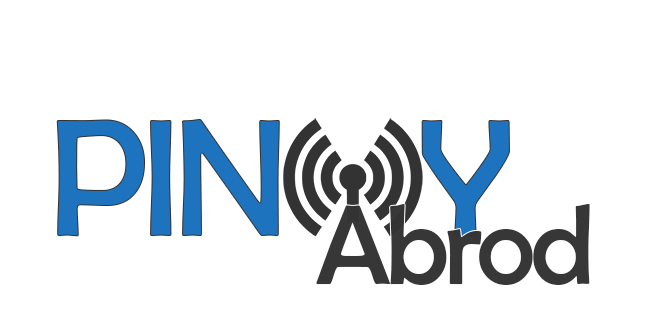Migrante Canada
12 June 2024
Migrante Canada listened to the June 3rd announcement by Minister of Immigration, Refugees and Citizenship Marc Miller on the “new, enhanced caregiver pilots” which were to replace the five-year Home Child Care Provider Pilot and the Home Support Worker Pilot Programs created in 2019 and ending this June 17, 2024.
“The new pilot programs will provide home care workers with permanent residence (PR) on arrival in Canada.”
Applicants for these “new, enhanced caregiver pilots” will need to meet the criteria of these new pilot programs and require that applicants:
*Have a minimum of level 4 in English or French proficiency based on the Canadian Language Benchmarks (CLB), down from level 5 in the recent pilot programs
*Have an education level equivalent to Canadian high school diploma, down from one-year post secondary education in the recent pilots
*Have “recent” and “relevant work experience”
*Have a full-time job offer to work in home care or
work for organizations that offer part-time care for people who are recovering from injury or illness and those who are not fully independent.
Migrante Canada maintains that *until* the detailed provisions and requirements of the “new, enhanced caregiver pilots”, including the “PR on arrival”, are announced and made available to the public, we are left with a great press announcement, but minus the fine print.
The IRCC press release said: “The new pilot programs will provide home care workers with permanent residence (PR) on arrival in Canada…. This new pathway means that caregivers can more easily find proper work with reliable employers and have clear, straightforward access to permanent resident status as soon as they arrive in Canada. “
There is a huge difference between one, caregivers arriving in Canada as permanent residents, and second, having access to PR under the new pathway as soon as they arrive.
The first is simple, you have PR status when you arrive through those borders.
The second is you do not have PR when you arrive, what you have is access to PR status when you get here. That access is called a pathway.
Migrante Canada welcomes the lowering of language and educational requirements which are demands that the caregivers, migrant organizations, and migrant justice advocates have been calling for in loud and united voices in their mobilizations across Canada, and in their persistent and steadfast organizing work for many, many years. Those changes in the press announcement are proof of the strength of migrant power to influence and affect changes.
Let us not forget that many caregivers have been left behind in the many iterations of the caregiver programs, their applications for PR are still in process, some even before the pandemic! They are right to be worried about quotas and eligibilities in the Miller announcement of these “new, enhanced caregiver pilots”.
NDP Critic for Immigration MP Jenny Kwan is right when she said that “Canada should stop classifying caregivers, who help many Canadians, as “low-skill workers.”
Migrant caregivers take care of the most important people in the lives of Canadians, i.e., the children and the elders. For the Canadian government to regard the work of caregivers as low-skilled work reflects on Canada’s values towards domestic work and towards migrant workers. The on-going demand for caregiving work for children and the elderly is a permanent need in Canadian society, work that migrant caregivers have proven that they can do and do well.
Giving migrant caregivers permanent status on arrival is long overdue.
A pathway to permanent residency is not the same way as PR status on arrival.###
Photo credit/caption: Care workers rally at Dundas Square in Toronto to call for permanent residency status on arrival and family unity. Photo courtesy of Migrant Workers Alliance for Change’s Facebook.

